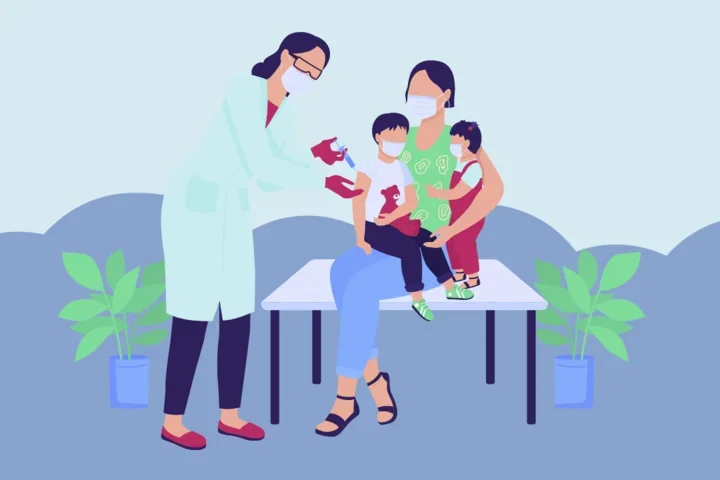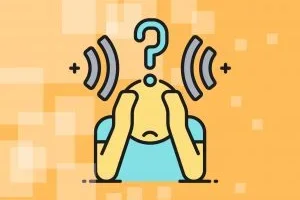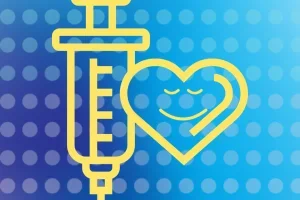Blog Post #2: Needle Anxiety Program: Lessons Learned from Program Leadership

Needle Anxiety Program: Lessons Learned from Program Leadership
Summary piece of Perspective Interview with the Needle Anxiety Program
By: Laila Khorasani
Needle anxiety refers to a phobia of needles that impairs someone’s ability to receive vaccines, injections, or other procedures that require needles. It’s estimated that up to 10% of the general population suffers from some form of needle phobia. Additionally, it’s expected that needle anxiety, in conjunction with other factors, may have contributed to low flu vaccination rates among the disability community during the pandemic. We at NDHC had the opportunity to interview clinicians and staff with UCLA’s needle anxiety program to get a better understanding of what needle anxiety is and how it impacts the neurodiverse community.
The needle anxiety program at UCLA was born to restore the integrity and dignity of patients with needle phobia, making common procedures like vaccines or blood draws easier for patients. After years of submitting proposals and approvals, Dr. Alice Kuo led the newly founded NAP to bring more options to patients. Patients in the clinic now have multiple options to ease their anxieties, from topical anesthetics and heat/vibration tools, to short-term inhaled sedatives. Thus far, 20 patients have gone through this program.
“We want people to be empowered with knowledge before they come in … we never want them to feel that we’re pushing something on them.”
– Kendal Wilke, NAP Nurse
We learned more about the NAP from program nurse, Kendal Wilke and physician Dr. Eric Curcio. Communication and time came up several times throughout both of these interviews as essential parts of caring for patients with needle anxiety. Firstly, ensuring that all patients and physicians have a forum to openly communicate about patient concerns and available options to work through needle anxiety for blood draws and vaccinations. Dr. Curcio additionally spoke to the importance of physician awareness of needle anxiety. Because many are hesitant to discuss their fears and phobias openly, physicians must be aware of needle anxiety’s prevalence and be ready to support their patients who struggle with needles. Much of the time, needle anxiety is underlied by many factors. Due to this, these conversations cannot be rushed and must be conducted at a pace and at a level at which the patient is comfortable at. For instance, the manner in which a physician approaches conversations surrounding needle anxiety with a 4-year old versus 34-year old patient must be drastically different.
“Everything you do has to be developmentally appropriate for [whomever] you’re talking to.”
– Dr. Eric Curcio, NAP physician
Moving forward, parents, caregivers, and healthcare providers can address these issues over time and maintain a constant dialogue with their patients. In it’s short time of operation, the NAP has successfully offered over half of their patients with quality care whilst reducing anxiety in the clinic. For more information, please see our website to view the full informational interviews with Dr. Kuo, Ms. Wilke, and Dr. Curcio.
References:
https://journals.sagepub.com/doi/full/10.1177/2377960818759442


